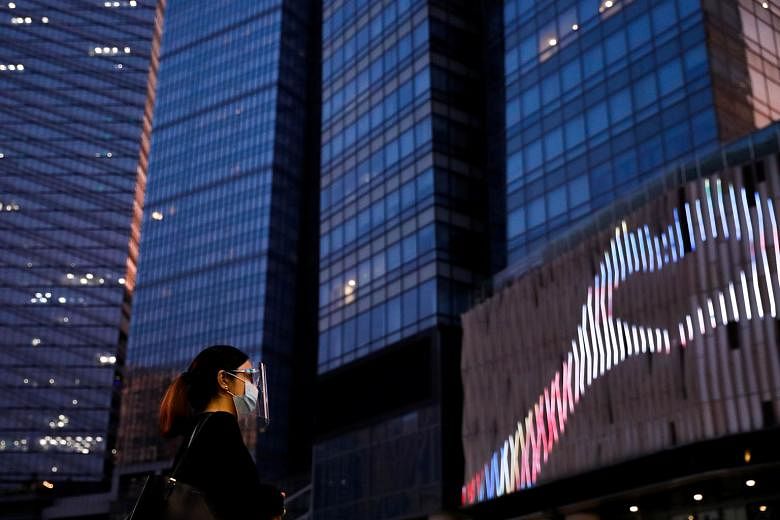MANILA • The Philippines will welcome back foreign nationals from Nov 1, and let Filipino travellers leave the country without Covid-19 antigen tests as the South-east Asian nation continues to reopen its economy.
Foreigners with investment visas from Philippine agencies will now be allowed entry, after the country imposed travel curbs in February to stem the spread of the coronavirus, presidential spokesman Harry Roque said yesterday.
The easing of travel curbs was among a slew of relaxed rules to help the country's battered economy recover from recession.
Religious gatherings in areas under a looser form of quarantine will be allowed up to 30 per cent of seating capacity from 10 per cent previously, Mr Roque said.
The government had already shortened curfew hours in the capital region and eased stay-at-home orders earlier this week in response to a request from the Cabinet to allow more businesses to thrive.
The Philippines, which has the second-most number of Covid-19 cases in South-east Asia after Indonesia, yesterday recorded 1,923 new infections and 132 more deaths, the largest daily increase in casualties in 15 days.
Total confirmed cases rose to 365,799, while deaths reached 6,915.
As the pandemic continues to affect the country, the capital, Manila, cancelled an annual procession of a centuries-old black wooden statue of Jesus Christ that draws millions of Roman Catholic devotees each year.
"The grand procession of the life-size image of the Black Nazarene in January 2021 has been cancelled due to the Covid-19 pandemic," the city government said yesterday.
Each year, millions of devotees, mostly in yellow and maroon shirts and walking barefoot, typically jostle to draw near a carriage bearing the life-size image of the Black Nazarene shouldering a heavy cross. The statue, carved in Mexico, is believed to have miraculous healing powers.
The procession, a tradition in the former Spanish colony that goes back more than two centuries, usually lasts more than 20 hours.
About 80 per cent of the Philippines' 107 million people identify as Roman Catholic.
Manila, the country's coronavirus hot spot, is under partial quarantine restrictions until the end of the month. Cemeteries and columbaria have been ordered to close to prevent crowding during the All Saints' and All Souls' Day holidays that start in late October.
REUTERS, BLOOMBERG











